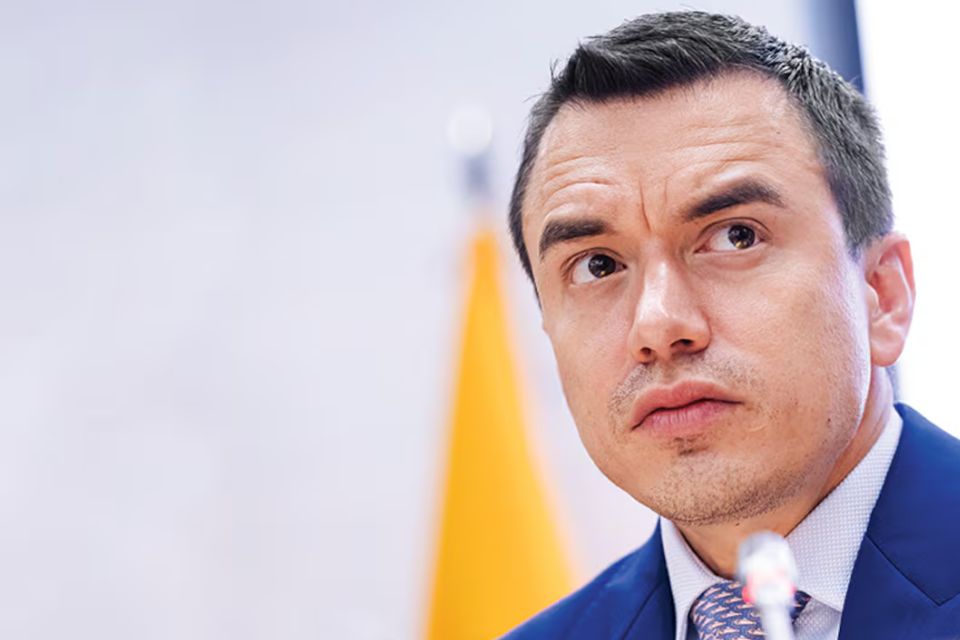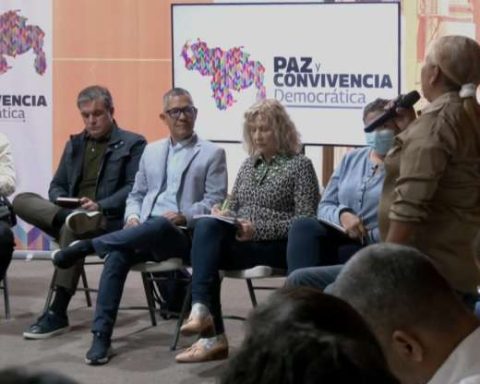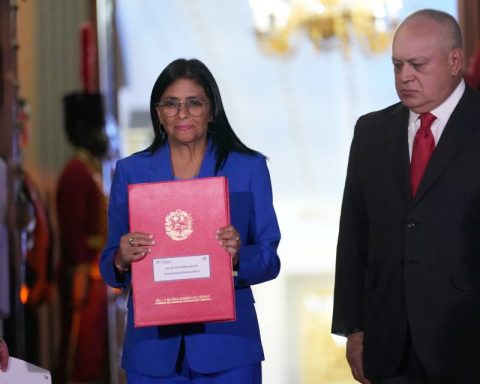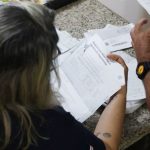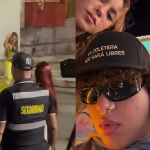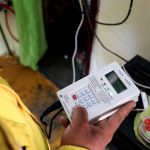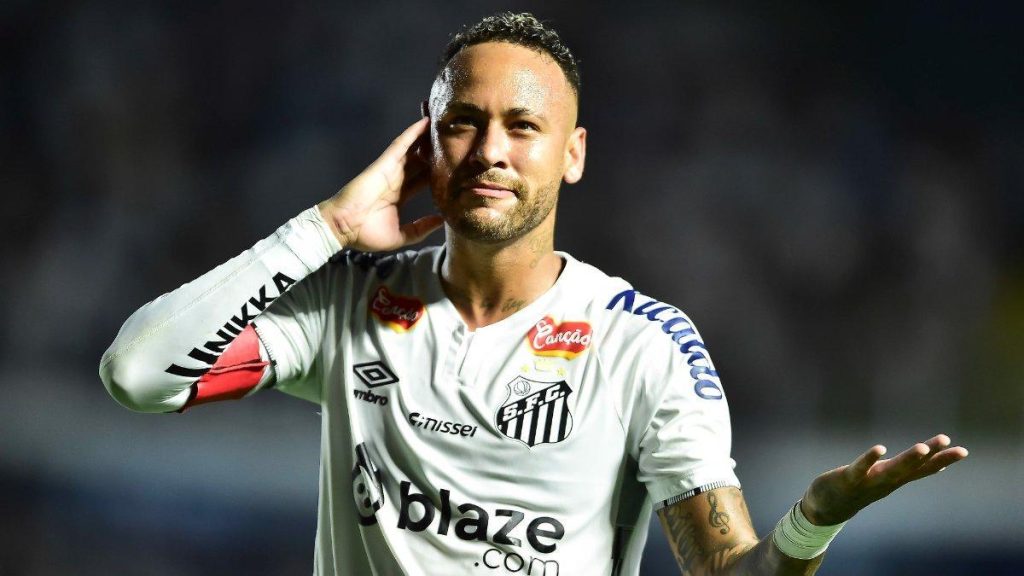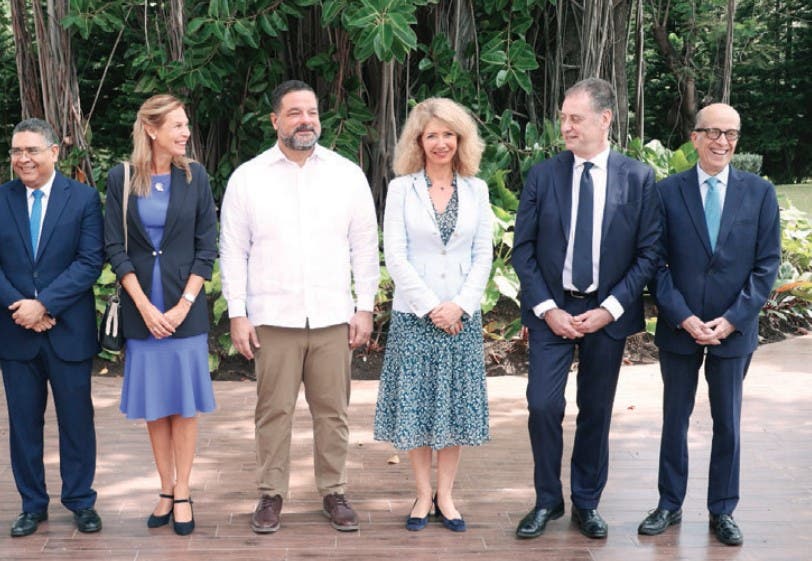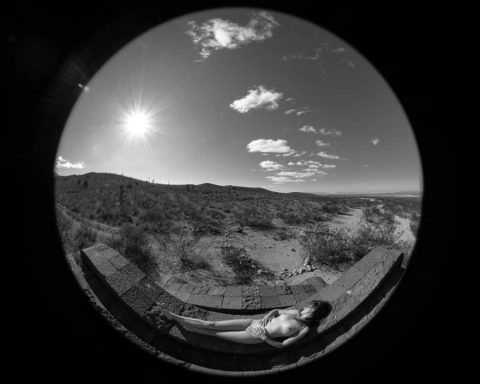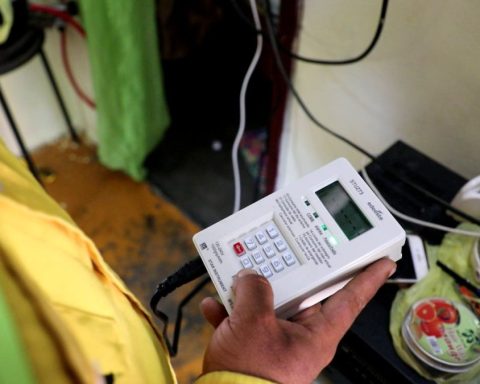The state of exception, decreed by Daniel Noboa, will last 60 days and includes the curfew and the restriction of mobility. The measure also includes the centers for deprivation of liberty of the National System of Social Rehabilitation and contemplates measures such as suspending the right to the inviolability of address and correspondence
The president of Ecuador, Daniel Noboa, who aspires to re -election, decreed this Saturday, April 12, exception in seven provinces, in Quito, a canton of Azuay and in the prisons of Ecuador.
This Sunday, April 13, the second round of the presidential elections will be held in which he must decide whether to re -elected Daniel Noboa, or if he returns to Correism to power after eight years in the opposition, by the hand of Luisa González, who would become the first president of the country’s history to be chosen at the polls.
The state of exception, which will last 60 days and includes the curfew and the restriction of mobility, compete with the provinces of Guayas, Los Ríos, Manabí, Orellana, Santa Elena, El Oro and Sucumbíos, as well as the Metropolitan District of Quito (Province of Pichincha) and the Camilo Ponce municipality (Azuay province).
*Also read: Ecuador chooses between Daniel Noboa and Luisa González in a close ballot
The decree, which also includes the centers of deprivation of liberty of the National System of Social Rehabilitation, contemplates measures such as suspending the right to the inviolability of domicile and correspondence.
In addition, it provides for the curfew in 22 municipalities from 22:00 local time to 05:00 local time, every day, a measure that does not include Quito.
Noboa also ordered the mobilization of the police and armed forces in the country, which is under a declaration of ‘internal armed conflict’ since January 2024 when Noboa declared “war” to the criminal groups, which he began to call “terrorists.”
Serious internal shock
Noboa decreed the state of exception by adducing “serious internal shock” in the face of the increase in violence indices, crimes commitment and intensity of the perpetration of illicit by armed groups organized in the aforementioned areas and prisons, where in previous years there have been massacres between rival inmates.
The ruler justifies the two months of validity for “the need to have the appropriate time to mitigate the factual facts raised and contribute the actions of the Armed Forces to maintain the sovereignty and integrity of the State, and the National Police in citizen security, internal protection and public order” aimed at the integral security of the State. “
More than 13.7 million Ecuadorians are summoned to the polls tomorrow to decide who will be their new president for the 2025-2029 period.
A total of 92,112 observers have accredited the political groups that postulate Daniel Noboa and González for the second presidential return that will take place tomorrow and from which the anticipated vote was fulfilled between Thursday and Friday in prisons and in the homes of people over 50 years of age with disabilities greater than 75%, accredited for the process.
According to the vice president of the National Electoral Council (CNE), Enrique Pita, the tomorrow’s process will be one of the “most observed by political organizations”, which will have their delegates in the vote receiving boards and in the more than 1,600 scan centers of the minutes.
In addition to the observers accredited by the political groups, they will also be present in the process of international delegates of the European Union (EU) and the Organization of American States (OAS), among others.
With EFE information
*Journalism in Venezuela is exercised in a hostile environment for the press with dozens of legal instruments arranged for the punishment of the word, especially the laws “against hatred”, “against fascism” and “against blockade.” This content was written taking into consideration the threats and limits that, consequently, have been imposed on the dissemination of information from within the country.
Post views: 647
